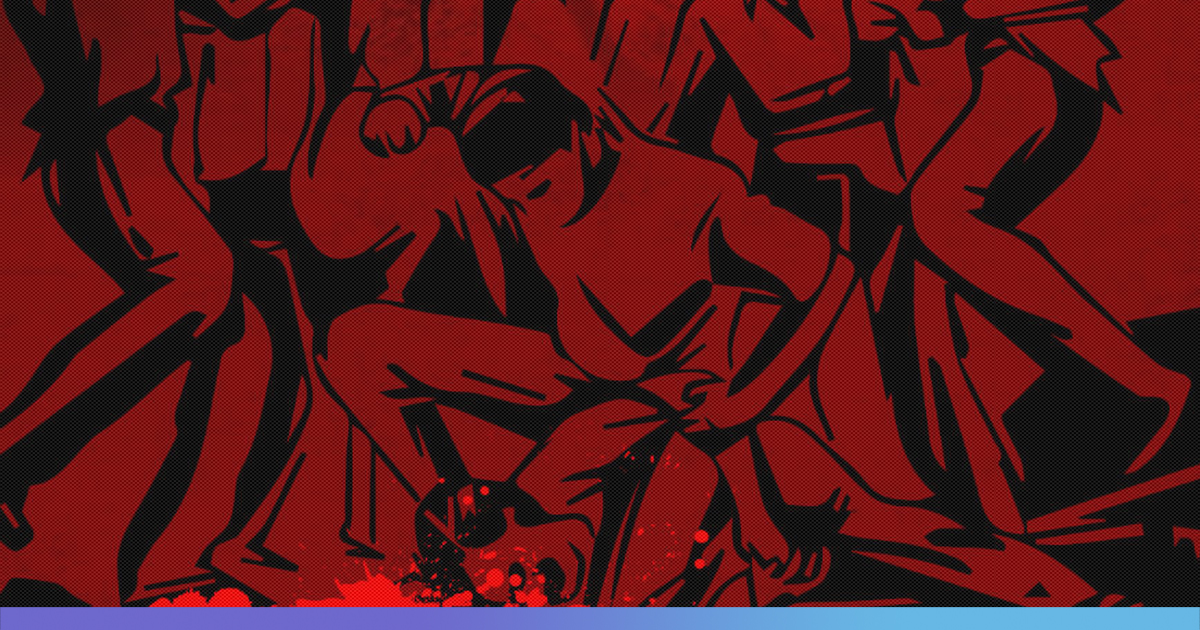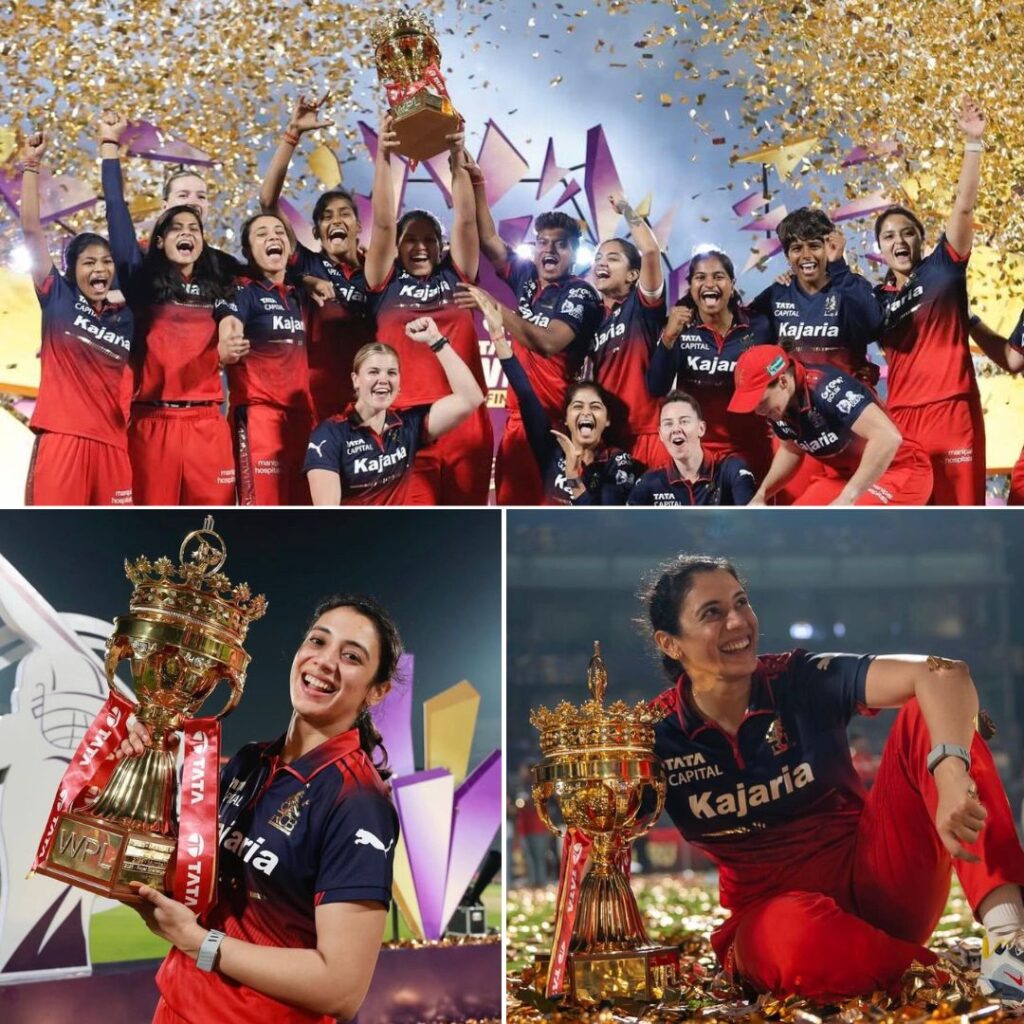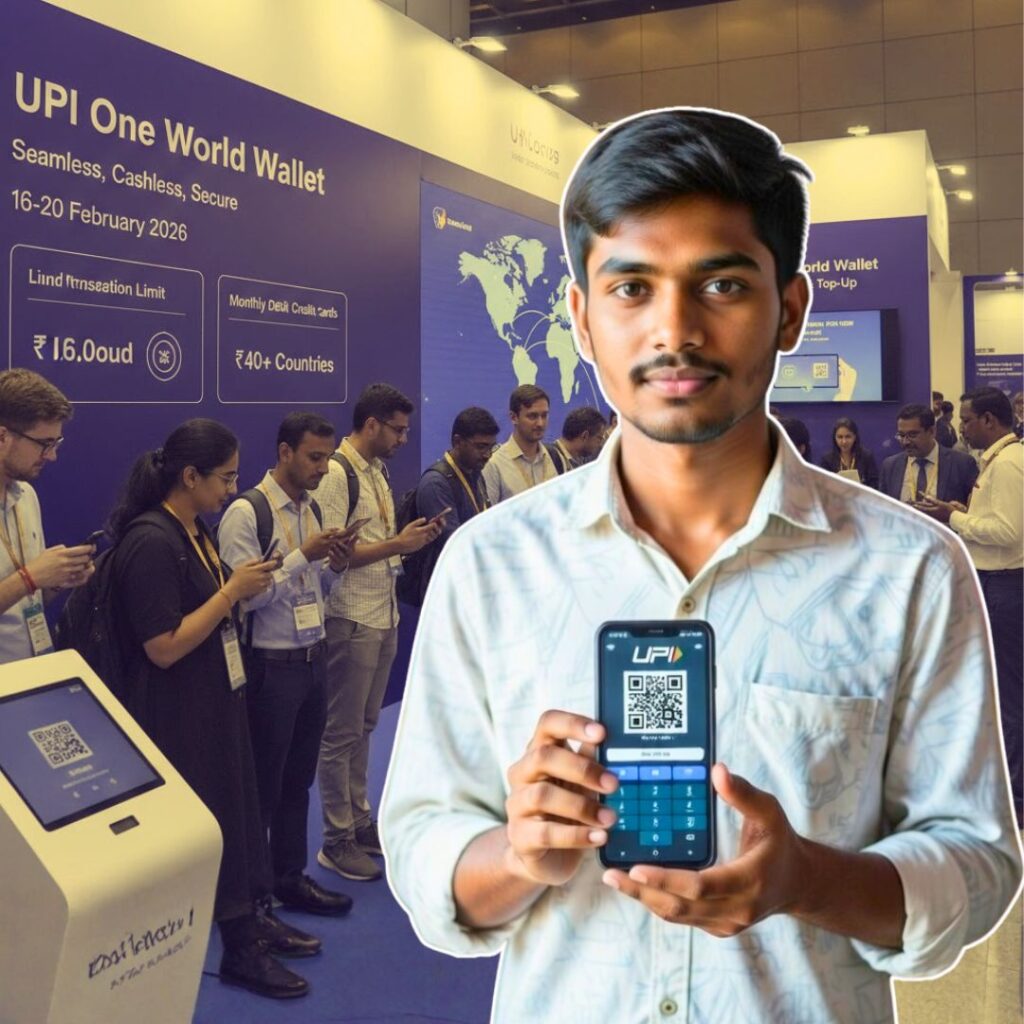Three people were lynched at a village in Bihar’s Saran district last week by a mob that caught them while they were allegedly stealing cattle. While the mob beat two of them to death, another succumbed to his injuries while being taken to the hospital. The deceased were identified as Raju Nat, Bides Nat and Naushad Qureshi, Superintendent of Police Har Kishore Rai said, according to India Today.
In another incident last week, a group of 10-12 men lynched four villagers in Jharkhand’s Gumla district on suspicion of black magic practice. They were beaten to death by sticks and iron rods. The victims have been identified as Shuna Bhagat (65), Fagni Devi (60), Champa Bhagat (65), and Peti Bhagat (60), India Today reported.
Mob Violence On The Rise
Mob violence has been on the rise in India in the past few years. From cow vigilantes lynching people to social media rumours prompting hate crimes, mob lynching has become a dark reality in India.
The past few years have seen several hate crimes, many of which were communal in nature. During the first seven months of 2018, 24 people were killed in mob attacks. There is over 4.5 times rise in mob attacks, and two-fold rise in deaths over 2017, an IndiaSpend analysis revealed.
Between 1 January 2017, and 5 July 2018, at least 99 people were injured and 33 killed in 69 reported cases of mob violence. In the first six days of July 2018, there were nine cases of mob violence over child lifting rumours and five deaths, amounting to more than one attack recorded each day.
While many of these attacks are related to cow smuggling and trading, several others are related to fake messages spreading rumours.
Steps To Prevent Mob Violence
Despite laws in place, one reason for the recent rise in these cases is immunity from punishment, or perhaps, failure on the part of authorities to do their duty.
In 2018, mob lynching incidents across the country were condemned by the Supreme Court, which urged the Parliament to enact a law to deal with these hate crimes.
Consequently, the top court gave a slew of directions, including preventive, remedial and punitive steps to deal with mob violence.
Some of these steps to curb the growing incidents of mob violence include:
- The state governments to designate a senior police officer in each district for taking measures.
- The state governments to identify districts, sub-divisions and villages where instances mob violence were earlier reported.
- The nodal officers asked to bring any inter-district co-ordination issues to the notice of the DGP so as to devise a strategy to tackle the issues.
- Every police officer given the duty to disperse a mob which might have a tendency to cause violence in the disguise of vigilantism etc.
- Central and state governments to broadcast on radio and television and other media platforms that mob violence and lynching shall have severe consequences.
- Dissemination of explosive messages, videos and other material on social media must be curbed, and an FIR must be registered under relevant provisions of law against people who engage in disseminating such messages.
- It must be ensured that family members of victims are not harassed.
- Mob violence and lynching cases specifically tried by designated court/fast track courts in each district, earmarked for the very purpose, and the trial be concluded within six months preferably.
- The trial court ordered to award maximum sentence to the accused to set a stern example.
- Any police officer or an officer of the district administration failing to fulfil duty be held accountable for an act of deliberate negligence.
These steps, if followed diligently, should help curb the crimes that threaten the rule of law and the social fabric of the country. As responsible citizens, we must also ensure that fake, provocative and irresponsible messages are not circulated on social media.
To help victims of these hate crimes, a helpline has been launched by members of civil society. An initiative of United Against Hate, the helpline 1800-3133-60000 was launched in July in New Delhi.
Also Read: Assam: Another Mob Lynching Over Suspicion Of Cow Theft; One Die, Three Injured












